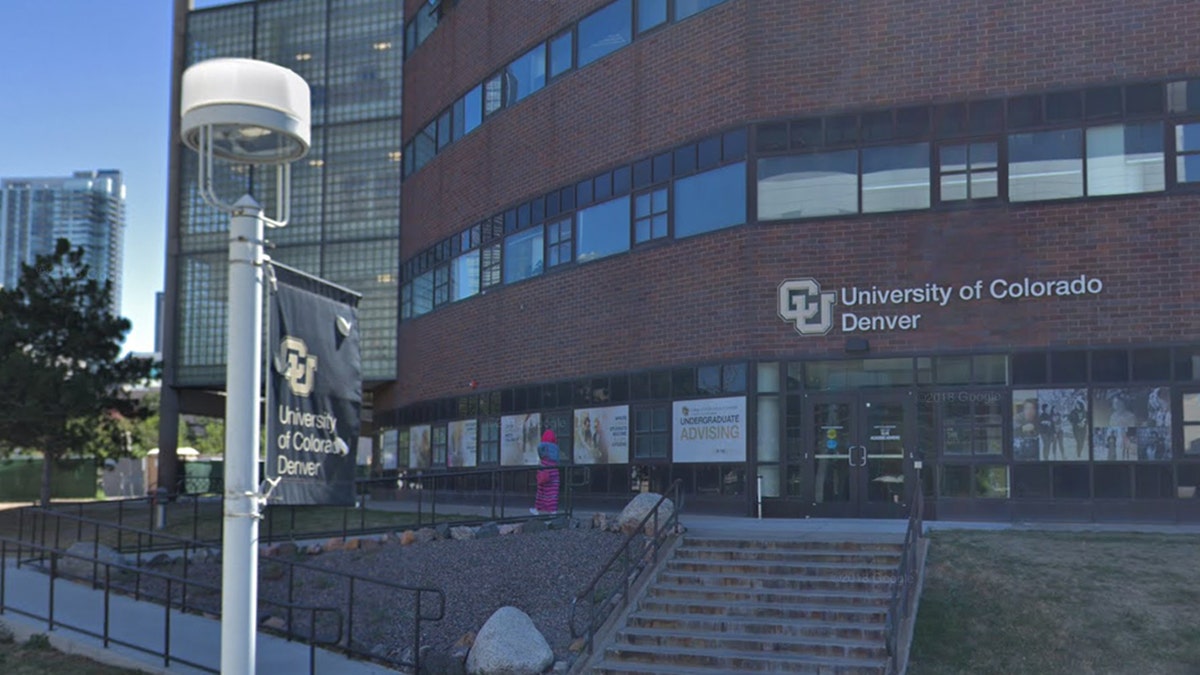
The University of Colorado is considering dropping the word "liberal" its mission statement. (Google maps)
The University of Colorado may reportedly remove “liberal” from “liberal education” in the school’s mission statement, and an expert says the college is only the latest conservative-leaning institution to consider scrubbing the l-word.
David Strauss, a principal at the higher-education consulting firm Art & Science Group, told The Chronicle of Higher Education many institutions he’s worked with who identify themselves as politically conservative have taken out the word “liberal” because they aren't comfortable with being perceived as a politically liberal-leaning university.
Eight faculty members on the UC-Colorado Springs campus “strongly oppose” the move because they believe it “undermines the long-held tradition of universities to provide a liberal arts education,” according to the proposal to make the change.
Those opposing the "liberal" liberation say the University of Colorado “was created and is maintained to afford men and women a liberal education in the several branches of literature, arts, sciences, and the professions.”
The school’s proposal, meanwhile, says the university should drop the word “liberal” because “it is not accurate in all cases, particularly in graduate and professional education, which are focused on a specific discipline.”
Ken McConnellogue, University of Colorado vice president for communication, told Fox News the decision has nothing to do with political affiliation.
"The phrase 'liberal education' appears once in our governor documents (the Board of Regents Laws and Policies)," McConnellogue said. "The suggestion to remove it is to align the laws and policies with our other guiding documents (mission, vision, guiding principles)."
While the university says the move is standard procedure, it raises questions for faculty and students.
"We shake our head," Manuel Luis Espinoza, an associate professor of educational foundations at the University of Colorado’s Denver campus, told The Chronicle, "because we think, Here’s another bid to to alter what it is that we do and in the broadest sense possible. You could change the language, but I don’t think we’re going to stop doing what we do."
McConnellogue said the regents will consider the change in committee meetings this summer ahead of a vote possibly in September.








































